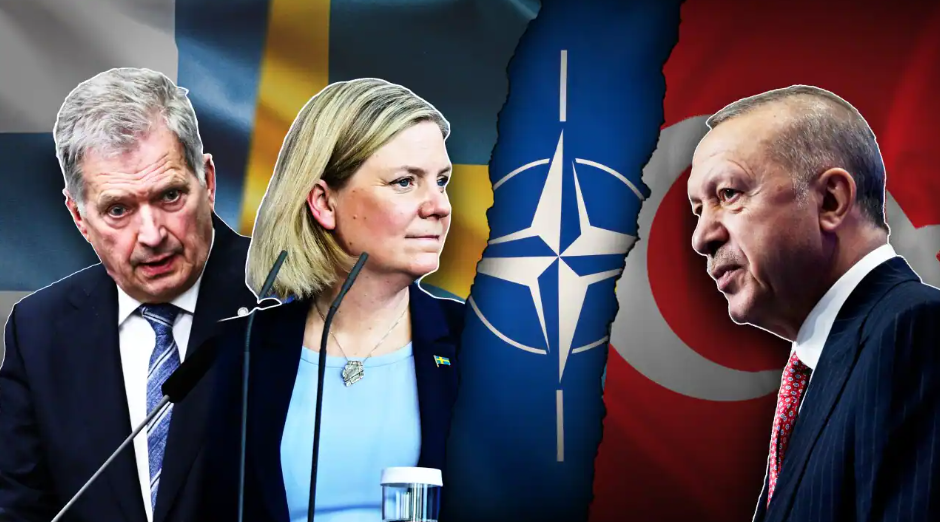
Turkey announced recently that it would no longer support Sweden’s bid to become a member of the North Atlantic Treaty Organization. The reason given was recent anti-Muslim demonstrations in the country. This announcement has raised concerns about NATO’s procedures and the veto-power, as well the possible implications for Sweden which shares a border Russia.
Joining NATO involves several steps. The North Atlantic Council (consisting of all NATO ambassadors) must first invite a country to start accession negotiations. The country will then have to go through a series or negotiations and reforms in order to align their policies and military capabilities. All existing NATO members must ratify the agreement.
Each NATO country has the right to veto any new member’s admission. The accession process will not be able to proceed if a country has objections against a new member. The announcement by Turkey that it would not support Sweden’s application to join NATO effectively vetoes its accession.
Turkey’s veto stems from recent anti-Muslim demonstrations in Sweden. Turkey is concerned that recent anti-Muslim protests in Sweden and the rise of far right and anti-immigrant sentiment will result in increased discrimination against its Muslim residents. Turkey’s decision not to support Sweden’s NATO bid is a clear indication of its dissatisfaction over the current situation in Sweden.
Sweden is a major target of Russian aggression, and this veto will have a significant impact on the country. Sweden shares a border to Russia. Sweden, as a NATO member, would benefit from the military support and protection of the organization, which is crucial in the case of a Russian invasion. Sweden, without NATO membership, would have to rely solely on its own defense capabilities and international alliances to prevent a Russian attack.
The veto raises further questions about NATO’s future expansion. Sweden has been trying to join NATO for years. Its accession to the organization was seen as an opportunity to increase NATO’s presence on the Baltic Sea. It is not clear if or when other countries will be able join NATO after Turkey’s veto.
The veto by Turkey on Sweden’s NATO bid is not the first instance the country has used its veto. Turkey also vetoed in the past the accession to Cyprus, with whom it has had a long-standing dispute over territory, and the entry of Macedonia due to a naming dispute.




















